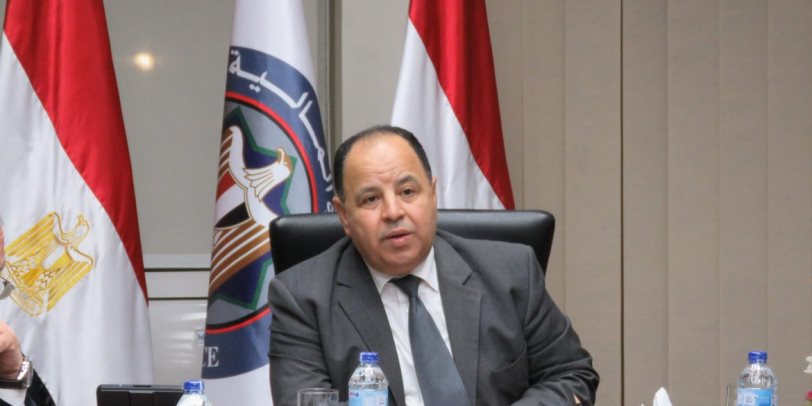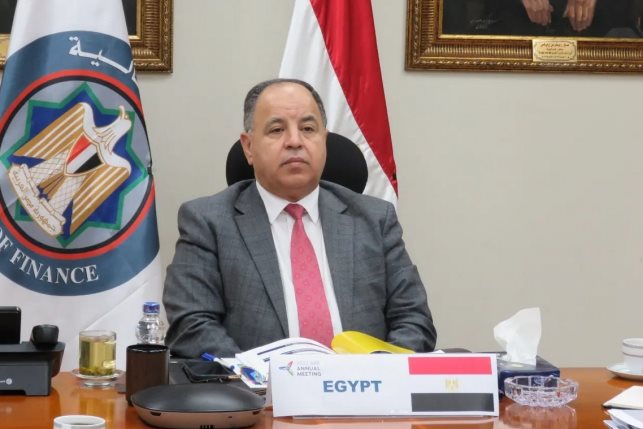Egypt’s Ministry of Finance highlights key financial performance indicators
Egypt managed to stabilize the total deficit at 5.42%. To further stimulate economic growth, investments financed by the state's public treasury have decreased by 19%, creating space for increased participation from the private sector.

Despite the challenging global and regional economic crises, Egypt's financial performance indicators have shown remarkable improvement over the past nine months of the fiscal year 2023/2024. Key achievements include an initial surplus of 3% of the gross domestic product, amounting to 416 billion Egyptian pounds. This represents an annual growth rate exceeding 8.5 times.
Egypt has also managed to stabilize the total deficit at 5.42%. To further stimulate economic growth, investments financed by the state's public treasury have decreased by 19%, creating space for increased participation from the private sector.
Furthermore, tax revenues were up 41%, reaching over EGP one trillion. Non-tax revenues have also witnessed a notable increase of almost 123%.
The Ministry of Finance, through its Investor Relations Unit, is committed to maintaining an open dialogue with approximately 2,000 institutional investors worldwide. It provides regular monthly reports on economic performance indicators, including debt, deficit, and primary surplus rates. Accurate and updated data is shared with foreign investors to keep them informed about the economic situation in Egypt. Additionally, the ministry is preparing a simplified guide outlining tax facilities, benefits, and incentives available to investors.
Nevin Mansour, Head of the Investor Relations Unit, reaffirmed the ministry's commitment to enhancing foreign direct investment flows and attracting a broader range of investors in financial instruments and the Egyptian Stock Exchange. Immediate communication channels have been established with specialists at embassies both inside and outside Egypt to provide them with financial and economic data, ensuring an accurate reflection of Egypt's economic situation.
Looking ahead, the Ministry of Finance aims to reduce the debt service bill to 30% of public expenditures in the medium term. This aligns with a comprehensive strategy to reduce the debt rate, to reach 80% by June 2027. Additionally, efforts are underway to extend the average maturity of the government's debt portfolio to 3.3 years by the end of June 2024, thereby alleviating the financing needs of the general budget.





